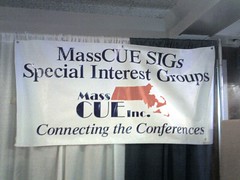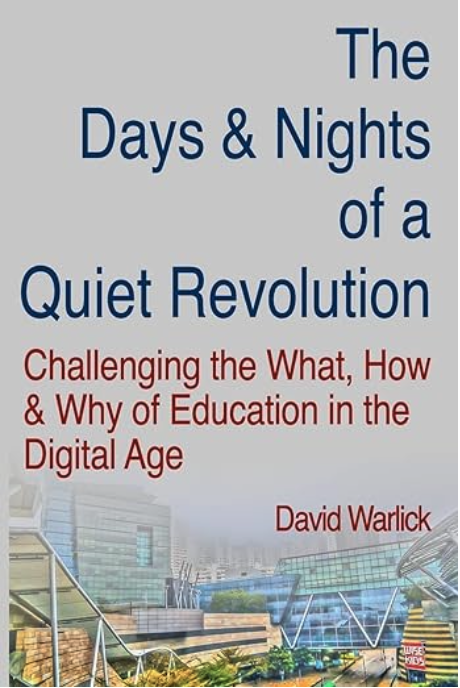As little as we know about the future for which we are preparing our students, it is clear that it will be a place that is governed by information. Accessing, processing, building with, and communicating that information is how we will all make our livings.
Being literate in this future will certainly involve the ability to read, write, and do basic math. However, the concept of literacy in the 21st century will be far richer and more comprehensive than the 3 Rs of the one room school house, a legacy that still strongly influences today’s education environment.
Applying this new information landscape to teaching and learn can yield powerful instructional experiences for students. Yet, there are hidden dangers along this landscape. In this workshop educators, David Warlick and Nancy Willard will review both sides of this issue.
David Warlick — Redefining Literacy for the 21st Century, ISBN-10: 1586831305
Nancy Willard — Cyberbullying and Cyberthreats, ISBN-10: 0972423605
- Online Wiki Handouts for — Learning & Literacy for the 21st Century and Social Networking & Cyberbullying
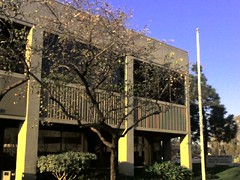 Education is perhaps the most critical issues facing San Mateo and the entire country today. We are doing a better job of teaching our children. But we are simply doing a better job of preparing them for the 1950s, not for the rich, vibrant, and rapidly changing future that they will inherit. These presentations will seek to describe how the very nature of information has changed in the past ten to fifteen years. Participants will also have an opportunity to explore what these shifts in the shape of information mean to our very definitions of being literate in the 21st century.
Education is perhaps the most critical issues facing San Mateo and the entire country today. We are doing a better job of teaching our children. But we are simply doing a better job of preparing them for the 1950s, not for the rich, vibrant, and rapidly changing future that they will inherit. These presentations will seek to describe how the very nature of information has changed in the past ten to fifteen years. Participants will also have an opportunity to explore what these shifts in the shape of information mean to our very definitions of being literate in the 21st century. The conference program was waiting for me at my hotel yesterday. Topics include United Streaming, First Class, podcasting, accessibility options for Macs and PCs, learning communities, web page creation, movie production, and teacher productivity tools — and that’s just the morning. I love these district professional development conferences.
The conference program was waiting for me at my hotel yesterday. Topics include United Streaming, First Class, podcasting, accessibility options for Macs and PCs, learning communities, web page creation, movie production, and teacher productivity tools — and that’s just the morning. I love these district professional development conferences.
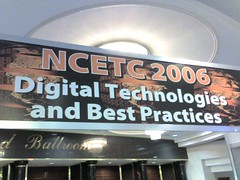
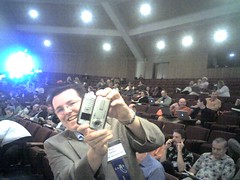 The theme tagline of this conference is Teaching The Millennial Generation. It’s an interesting conference, sponsored jointly by the California League of Middle Schools, League of High Schools, and Computer Using Educators. I suspect that in attendence will be middle school and high school teachers of all brands and a peppering of technology educators. That’s just the sense that I have.
The theme tagline of this conference is Teaching The Millennial Generation. It’s an interesting conference, sponsored jointly by the California League of Middle Schools, League of High Schools, and Computer Using Educators. I suspect that in attendence will be middle school and high school teachers of all brands and a peppering of technology educators. That’s just the sense that I have.
